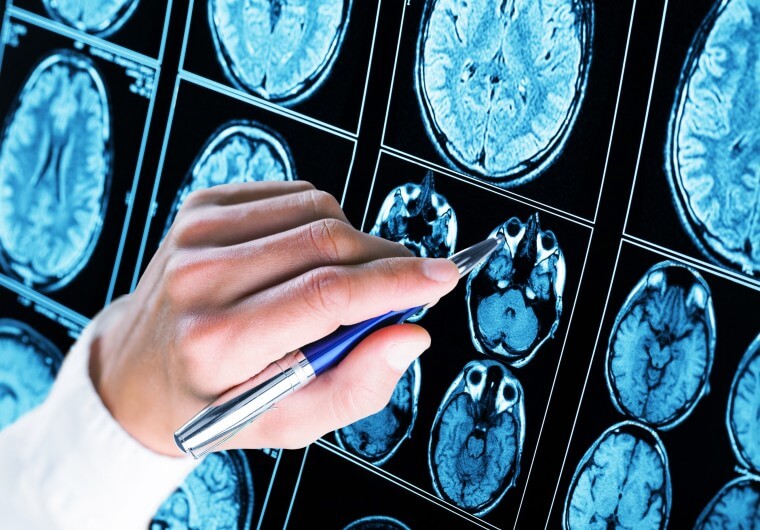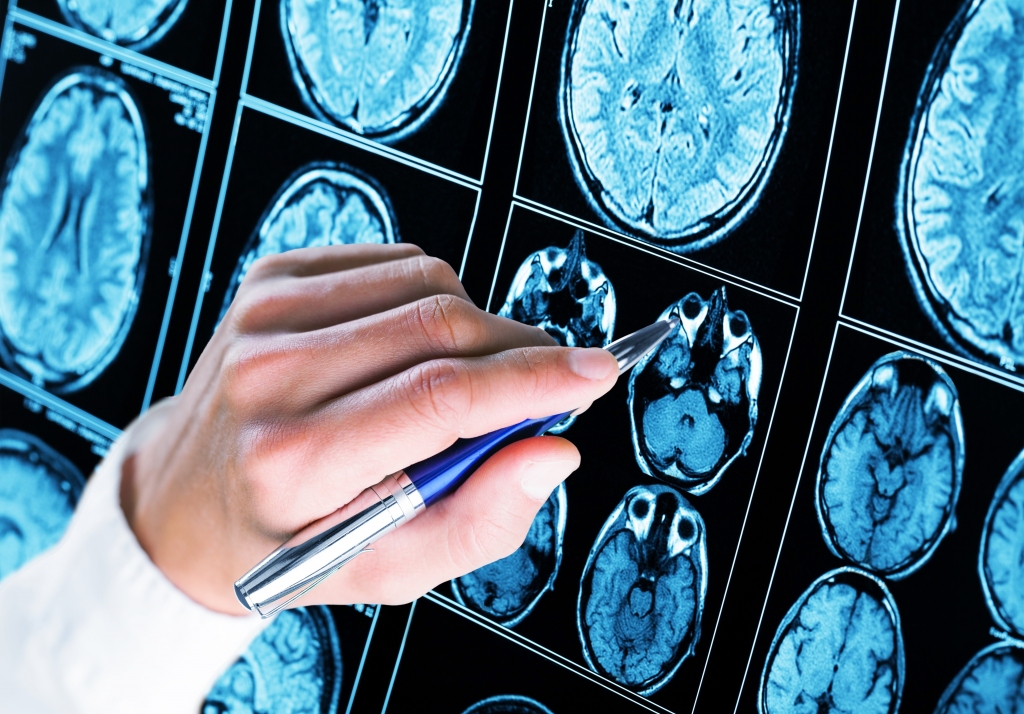CBD for Epilepsy: Does it Work?

Many products have emerged containing cannabidiol (CBD), a compound derived from cannabis sativa that does not contain tetrahydrocannabinol (THC). THC is responsible for the “high” users feel when smoking medical marijuana.
Research surrounding this product skyrocketed, especially after the Food & Drug Administration (FDA) approved the prescription cannabidiol medicine to treat rare & severe types of seizures. But there are still doubts on whether CBD counts as anti-epileptic medication.
What is CBD?
Scientists and enthusiasts alike criticized medical marijuana and its constituents. While there are some rumored health benefits from the cannabis plant, research has yet to definitively confirm this claim.
Cannabidiol (CBD) is one of the many compounds found in the marijuana plant. The most popular product containing CBD is CBD oil. Consumers use CBD oil for pain management, insomnia, and even weight loss, despite the lack of clinical trials and thorough studies.
CBD oil contains some if not all of these other compounds: cannabichromene (CBC), cannabidiolic acid (CBDA), tetrahydrocannabinol (THC), cannabinol (CBN), cannabigerol (CBG), and cannabichromene (CBC). Although most of these compounds are non-psychoactive–they will not get you high–some brands of CBD oil contain trace amounts of THC.
There are multiple ways to consume controlled substances of CBD aside from CBD oils. People with sensitive palettes can have an adverse reaction to CBD oil and opt for alternatives like topicals, gummies, and capsules.
Recently, researchers claimed CBD’s ability to treat seizures in both children and adults.
What is Epilepsy?
The Centers for Disease Control and Prevention (CDC) defined epilepsy as a brain condition that causes repeated seizures in individuals. Epilepsy is a common seizure disorder that affects three million adults and nearly half a million children in the United States alone.

A person is epileptic if they have seizures that were not caused by a reversible medical condition like low blood sugar or poor eating habits. Seizures occur when there is an influx of electrical activity in the brain, which can cause the person to spasm and convulse uncontrollably.
Epileptic seizures may be due to brain injury or family heredity, but most of the time the causes of the seizures are completely unknown.
Symptoms
Epileptic symptoms can be hard to spot because it’s caused by abnormal brain activity. These recurrent actions may signal symptoms of epilepsy:
- Spacing out
- Continuous confusion
- Uncontrollable jerking movements of your limbs
- Blacking out
- Sudden stiffness in the body
- Feeling of anxiety, anger, and fear out of nowhere
- Chills without fever
- Fainting spells
Symptoms vary from person to person, but generally a person with a form of epilepsy will have the same type of seizure episodes. The epilepsy society strongly recommends that anyone who experiences these to seek medical advice immediately.
Triggers
Different stimuli trigger different epileptic seizures. People diagnosed with epilepsy need to identify things or situations that can trigger their seizures.
The most common triggers for seizures are the following:
- Insufficient sleep
- Extreme pressure or stress
- Poor eating habits or overeating
- Bright strobing lights and patterns
- Excessive intake of alcohol and/or caffeine
- Different kinds of medication
- Certain food ingredients
- Illness or fever
Each person has different triggers. Doctors have recommended the use of journals for people to keep track of what combinations of stimuli can cause a seizure, noting the day and time, what activity they were engaging, stress levels, and surroundings.

These can help you and medical practitioners identify what specific situation is triggering your seizures. It is important to list down how you were feeling before and after the seizure, as well as any side effects.
Journals can also aid doctors in checking if your prescribed medications are working in minimizing the episodes. They may adjust your dosage or explore other treatments altogether.
Can CBD Products Help Seizures?
According to the American Epilepsy Society, anti-epileptic drugs (AEDs) help control seizures in around 60–70% of cases. However, resistant epilepsy is if a person’s seizures persist despite adequate doses of 2 appropriate AEDs.
Because they are ineffective in treating the seizures, experts have turned to researching the use of medical marijuana for symptom management. FDA advisers recommended the approval in April 2018. Shortly after, the Food & Drug Administration (FDA) approved the use of medical marijuana to treat seizures.
The new drug, Epidiolex, is a formulation of cannabidiol (CBD). This is a purified form of CBD. The approval only covers use of the liquid drug for Lennox-Gastaut syndrome & Dravet syndrome.
Currently they are giving the medication to patients in a reliable dosage form and through a reproducible route of delivery to ensure that patients derive the anticipated benefits with little side effects. This is the approval of one specific CBD medication for a specific use. It’s very different from using pure cannabis in any form.
Forms of Treatment Other than CBD
There are no known cures for epilepsy. And admittedly, research is still lacking when it comes to medical marijuana and its ability to treat epilepsy.
Aside from the medicinal approach, there are other alternatives to managing epilepsy and its seizures.
Surgery
If doctors see that your seizures are coming from a part of your brain that is small, well-defined, and will not interfere with your essential functions like vision, hearing, speech, or language, they may opt to conduct surgery.
The most common surgery for treating epilepsy is a resection. It removes a part of your brain that’s causing the seizures. Interestingly, you might be awake during the procedure so the surgeons know which part of your brain is controlling important functions. They will avoid interfering with that area of your brain.

Areas that are too big to be removed may require a multiple subpial disconnection. Surgeons will make incisions in the brain to interrupt nerve pathways, keeping the seizures from spreading to other areas.
Surgery has risks. Surgery of the brain can result in cognitive changes and alter your basic functions. Discuss with your doctor and seek a second opinion before making going through with the procedure.
Therapy
There are other methods that do not require surgery like deep brain stimulation. Surgeons will implant electrodes in parts of your brain that are connected to a generator implanted in your chest.
This generator sends electric pulses to your brain and may help with reducing epileptic symptoms and stopping seizures.
Dietary changes
For children with epilepsy, surgery may not be a viable option. Instead, they can manage it by having a strict diet that’s high in fats and low in carbohydrates. This is the ketogenic diet.
In the ketogenic diet, the body is forced to use fat for energy instead of using the ingested carbohydrates. This process is also known as ketosis. Children and adults using the ketogenic diet for managing epilepsy need to work with a nutritionist or a dietitian. They also need to be carefully monitored by a doctor regularly.
If the ketogenic diet is not doable, patients can use a modified Atkins diet as an alternative. This diet controls the intake of carbohydrates as well as consuming high amounts of fat.
Hemp-derived CBD products (with less than 0.3 percent THC) are legal on the federal level, but are still illegal under some state laws. Marijuana-derived CBD products are illegal on the federal level, but are legal under some state laws. Check your state’s laws and those of anywhere you travel. Keep in mind that nonprescription CBD products are not FDA-approved, and may be inaccurately labeled.



